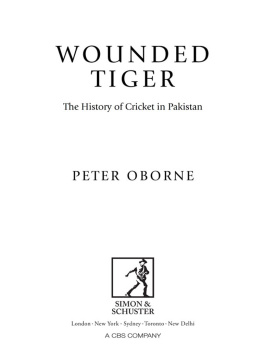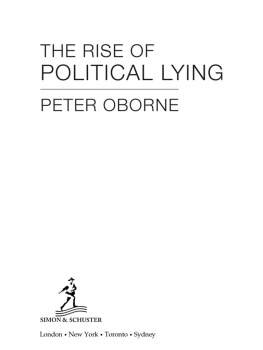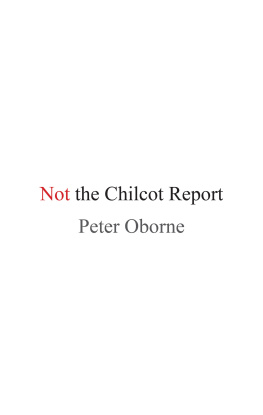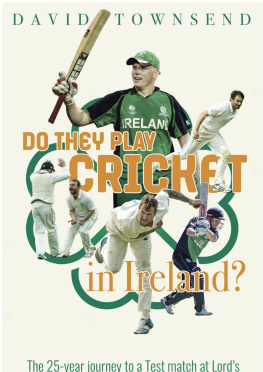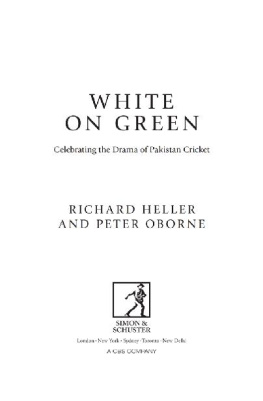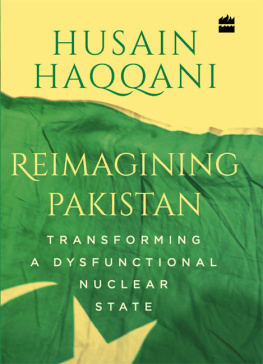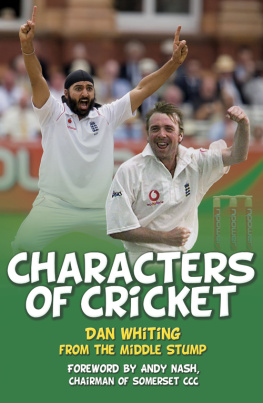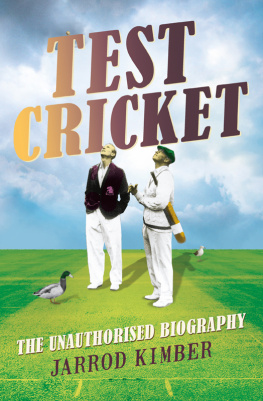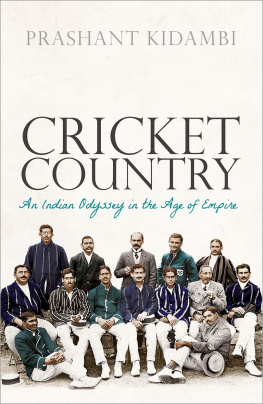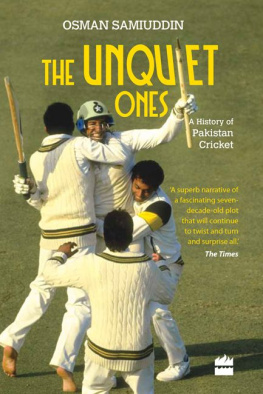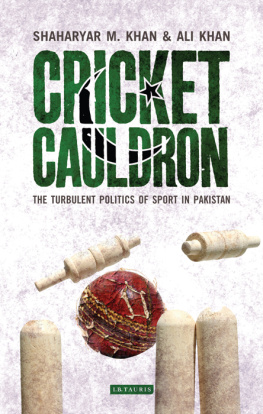WOUNDED
TIGER
Also by Peter Oborne:
Alastair Campbell: New Labour and the Rise of the Media Class
Basil DOliveira: Cricket and Conspiracy
The Rise of Political Lying
The Triumph of the Political Class
With David Morrison:
A Dangerous Delusion: Why the West Is Wrong About Nuclear Iran

First published in Great Britain by Simon & Schuster UK Ltd, 2014
A CBS COMPANY
Copyright 2014 by Peter Oborne
This book is copyright under The Berne Convention.
No reproduction without permission.
All rights reserved.
The right of Peter Oborne to be identified as the author of this work has been asserted by him in accordance with sections 77 and 78 of the Copyright, Designs and Patents Act, 1988.
Simon and Schuster UK Ltd
1st Floor
222 Grays Inn Road
London WC1X 8HB
www.simonandschuster.co.uk
Simon & Schuster Australia, Sydney
Simon & Schuster India, New Delhi
A CIP catalogue record for this book is available from the British Library
Hardback ISBN 978-0-85720-074-7
eBook ISBN 978-0-85720-075-4
Maps designed by Liane Payne
Typeset in UK by M Rules
Printed and bound by CPI Group (UK) Ltd, Croydon, CR0 4YY
To Saad and Ramma
Acknowledgements
I have acquired more debts than I can easily repay while researching and writing this book. Najum Latif, curator of the Lahore Gymkhana Cricket Club museum, has been a constant source of advice, insight, information, anecdote and encouragement. His logistical support was also invaluable, especially in Lahore.
In Karachi, Afzal Ahmed and Qamar Ahmed have helped me understand the well-springs of Pakistan cricket. Qamar has saved me from countless misunderstandings and mistakes, while Afzal placed at my disposal his astonishing bibliographical expertise and statistical knowledge and understanding. I am especially grateful for Afzals patient and detailed readings of successive drafts amid the demands of his business and family life.
Back in England, I originally asked my old friend and cricket novelist Richard Heller to be my researcher. As this project grew ever larger and more ambitious, he became more like a collaborator. Richard bears the main responsibility for some of the most striking sections of this work, including the chapters on womens cricket and reverse swing, and the narratives of Pakistan domestic cricket and many of the accounts of Test cricket. He has also been an inexhaustible source of wisdom and humour and has a wonderful gift for illuminating phrases. The book would not have been finished without him and I would not have enjoyed writing it half as much.
Charles Alexander, formerly President of GE Capital Europe, carried out the research, did the analysis, and wrote the first draft of the chapter on the finances of Pakistan cricket. He also provided cheerful companionship around Pakistan, and our discussions have guided the shape of this book. Stuart Jackson also carried out superb archival research on cricket under the British Empire, the early Indian tours (the subject of his undergraduate dissertation at Cambridge University) and DB Carrs controversial 1956 MCC tour of Pakistan.
Without access to the collections held by the British Library in St Pancras and Colindale, the National Army Museum in Chelsea and the Imperial War Museum in Lambeth, this book would have been impossible. Special mention must be made of Lords Cricket Ground and the team working in their library and archives. Led by Neil Robinson, the Lords Library has been spectacularly renovated, revealing a treasure trove of information for any cricket enthusiast. Neil and his assistant Andrew Trigg helped me mine it, and dealt patiently with any request, whether arcane or banal. I am grateful to Robert Athol, archivist at Selwyn College, Cambridge for his help in tracing AR Cornelius during his time at the university. I would also like to thank Government College University, Lahore; Islamia College, Lahore; and of course the Lahore Gymkhana. I would also like to thank Mr Habib A Khan, Director General of the National Archives of Pakistan, and his especially helpful staff
Abdul Waheed, Chief Librarian at Government College University in Lahore, made available over a centurys worth of college magazines and history. Librarians Khurram Shahzad and Muhammad Tufail Khan not only helped organise and study the mass of information made available, but also organised access to the Punjab Public Library and various image databases of GCU. At Islamia College, Lahore, I was fortunate to sit down for half a day with Principal of the College, Professor Amjad Ali Shakir, who recounted the history and ideology of this revolutionary institution, and who kindly granted me access to the college archives. Fayaz Ali Shah (President of the Peshawar District Cricket Association) and the staff at the Archives of Islamia College Peshawar, were essential contributors to the history of cricket in the north-west. Mohammed Yaseen of the Lahore Gymkhana library spent many hours helping to scan illustrations for the book.
Nazia Hassan Shah, Sehar Mushtaq and Syed Mohammad Saqib worked in libraries across Lahore, sourcing and translating numerous materials from the last sixty years of Urdu press publications. This alone went some way in providing a counterpoint to the official, and often less descriptive, English-language press of the period.
Max Grodecki, Livvy Moore, James Bowker, Fabia Martin (in the archives of Aligarh Muslim University), Alice Audley, Lorna Studholme and Jess Stafford have done invaluable research and a great deal of essential administration over the course of this project. Gail Marriner transcribed long interviews on womens cricket. Lancing College assisted me with details of Claude Rubies career.
Sabin Agha guided me around Karachi, and Abdur Rauf and Irfan Ashraf around Peshawar, where Humayun Khan and Munawwar Khan were wonderful hosts. Saad Bari Cheema and Ramma S Cheema were always hospitable company in Lahore, while Professor Omer Tarin generously shared his deep understanding of the North-West Frontier. Murtaza Shibli provided expertise on Pakistani names, Kashmir, and much else. In Islamabad, Muna Habib carried out important research in the National Archive. The book was read in draft form by Joe and Rachel Studholme, Charles Lysacht, James Oborne, Najum Latif, Qamar Ahmed, Afzal Ahmed, Richard Heller, Max Grodecki, and that extraordinary cricketing statistical maestro Steven Lynch. They all saved me from error, although I am responsible for all surviving mistakes of fact and judgement.
Sultan Mahmud, Majid Khan, Giles Clarke, Aftab Gul, Wasim Bari, Shahid Hafeez Kardar, Jamil (Jimmy) Rana and Arif Abbasi were extraordinarily generous with their time and understanding. So were the following, so numerous and so eclectic in their contributions of information and courtesy that I could not sort them into any kind of order. No priority should be read into the following list: Professor Sarah Ansari, Professor Humayun Ansari, Khalid Aziz, Imtiaz Ahmed, Saeed Ahmed, Mushtaq Mohammad, Moin Khan, Mukhtar Bhatti, Khalid Butt, Khalid Qureshi, Nasim-ul-Ghani, Ghulam Mustafa Khan, Colonel (rtd) Rafi Nasim, Aamer Sohail, Asif Iqbal, Mohammad Ilyas, Mohammed Aamer, Hanif Mohammad, Misbah-ul-Haq, the Earl of Home, Mohammad Amir, Sajida Malik, Gareth Pierce, Shandana Khan, Ehsanullah Khan, Imran Khan, Faizan Lakhani, Abad ul-Haq, Syed Iftikhar Ali Bokhari, Khalid Ibadulla, Mohammad Hanif Shahid, Ivo Tennant, Scyld Berry, Syed Zulfiqar Ali Bukhari, Dr Khadim Hussain Baloch, Mohammad Salim Parvez, Shehzar Mohammad (grandson of Hanif ), Jalil Kardar (nephew of AH Kardar), Rashid Latif, Mustafa Kamal, Brooks Newmark, Derek Pringle, Henry Blofeld, Mike Brearley, Jonathan Agnew, Mike Atherton, Saleem Altaf, Pervez Sajjad, Shafqat Rana, Dr Zafar Altaf, Ikram Bari Cheema, Shahid Maqbool Cheema, Saad Bari, Sarfraz Nawaz, Javed Burki, Mian Mohammad, Waqar Hasan, Yawar Saeed, Javed Zaman Khan, Masood Hasan, Irfan Hyder, Anis Hyder, Professor Shaista Sirajuddin, Majid Sheikh, Nagma Raheela, Ambereen Latif, Abdul Rauf Malik, Professor Francis Robinson, Sohail Khan, Syed Irfan Ashraf, Shamsa Hashmi, IA Rehman, Dr Mubashar Hassan, Mahmoodul Hassan, Dr David Washbrook, Dr Prashant Kidambi, Mueen Afzal, Abdul Qadir, Aftab Baloch, Intikhab Alam, Inzamam-ul-Haq, Kiran Baloch, George Oborne, Rajinder Amarnath, MJ Akbar, Ramachandra Guha, William Dalrymple, Shameen Khan, Shazia Khan, Sadiq Mohammad, Wazir Mohammad, Mrs Bushra Aitzaz (chair, PCB womens wing), Ayesha Ashhar (manager PCB womens wing and of Pakistan womens team), Iram Javed (womens team member), Nahida Bibi (womens team member), Ijaz Chaudhry, Gen. Tauqir Zia, Hafsa Adil (Sports Producer;

